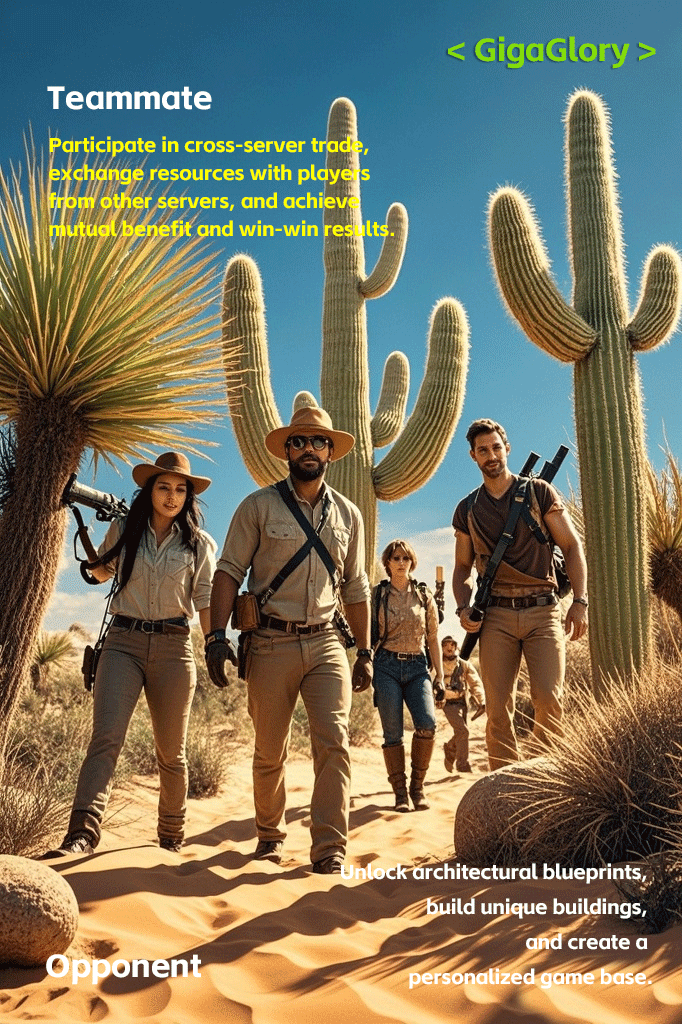Exploring Open World Games: The Power of Educational Experiences in Gaming
In recent years, video games have evolved from simple entertainment to complex platforms where players can learn skills. Among these, open world games offer vast environments, rich narratives, and engaging experiences that can contribute significantly to education. This article dives into the influence of both open world games and educational games, showcasing how they intersect to create powerful learning opportunities.
The Allure of Open World Games
Open world games allow players to explore expansive virtual landscapes at their own pace. This freedom fosters creativity and problem-solving skills as players navigate through quests, challenges, and enigmatic puzzles. Games like "Kingdoms of Amalur: Reckoning" not only provide a thrilling experience but also incorporate mechanics that can enhance cognitive abilities. For instance:
- Empowered Decision-Making: Players make choices that affect their journey, enabling critical thinking.
- Interactive Learning: The exploration required in these games encourages curiosity and adaptability.
- Social Interaction: Multiplayer elements stimulate teamwork and communication skills.
Educational Games: A New Frontier
Educational games encompass a broader category, targeting specific learning outcomes. These games are designed to teach concepts in subjects such as math, science, and history. They often blend fun with functionality, making learning enjoyable. Importantly, educational games can also take on the form of open world experiences. For example, games that allow players to survive on a deserted island challenge them to strategize and utilize materials, simulating real-world problem-solving.
Mixed Reality: The Bridge Between Gaming and Learning
Nowadays, technology has facilitated a greater integration of learning experiences within gaming. Players can now learn about ecology, politics, and history simply by engaging with an absorbing storyline. For instance, the "Crying Eyes Puzzle" in "Kingdoms of Amalur: Reckoning" is not just a challenge; it incorporates elements that inform players about the lore and history of its world, bridging fantasy with educational experiences.
Benefits of Open World Educational Games
Engaging in open world educational games has numerous advantages:
| Benefit | Description |
|---|---|
| Enhanced Retention | Learning through play significantly improves memory recall and comprehension. |
| Motivation and Engagement | Puzzles and quests maintain player interest, essential for effective learning. |
| Real-World Applications | Problem-solving in games translates to real-life scenarios. |
Real-Life Applications: Survive the Island Board Game
In the spirit of adventure, educational games like survive the island board game emphasize survival strategies, resource management, and teamwork. Players must learn about their surroundings, use logic, and plan effectively, making it an engaging experience that combines fun with learning. Such experiences demonstrate how offline games can parallel interactive online ones.
Game Design with Educational Intention
As gaming technology progresses, developers increasingly focus on integrating educational elements within open world designs. New titles are emerging with strong educational focal points, directly addressing various learning objectives. Environments echo real-world historical or scientific scenarios, offering players a rich tapestry of information woven into enjoyable gameplay.
Conclusion: The Future of Educational Gaming
In summary, open world games are more than mere entertainment; they are venues for powerful educational experiences. These games cultivate critical thinking, promote collaboration, and enhance knowledge retention via engaging gameplay. Whether you’re solving a puzzle in "Kingdoms of Amalur: Reckoning" or strategizing in a survival game, the benefits are undeniable. With continuing advancements in game design, the future holds limitless potential for educational gaming. As players navigate these expansive worlds, they simultaneously traverse pathways of knowledge and growth.



